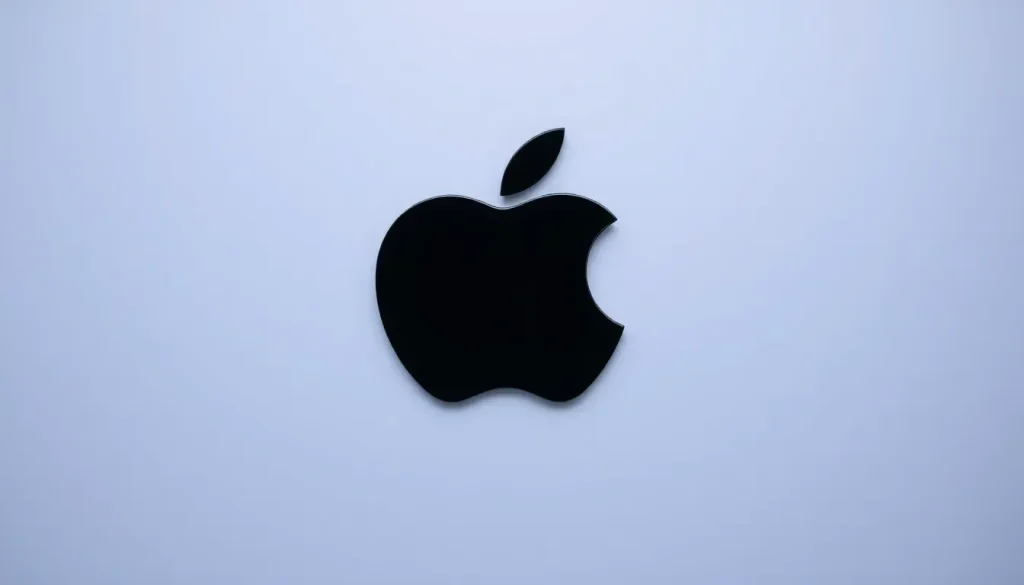Apple Faces $2 Billion Liability After Losing UK Class Action Case

In a significant legal turning point, Apple faces mounting challenges regarding its dominance in the app market. Recent rulings have highlighted the ongoing scrutiny of its business practices, revealing the varying perspectives on competitive fairness and consumer rights. This article delves into the implications of these legal battles, especially the latest verdict from the UK, shedding light on the broader repercussions for Apple and its users.
Apple loses a landmark class action-style case in the UK
In a groundbreaking decision, the UK’s Competition Appeal Tribunal ruled against Apple in a class action-style lawsuit filed by British academic Rachel Kent. The case, initiated in January 2025, represents a collective grievance from approximately 20 million iPhone and iPad users in the UK. Kent's allegations centered on the monopolistic practices of Apple that hinder competition and inflate prices for consumers.
Key points raised in the case included:
- Apple's substantial profits stem from its exclusionary practices that restrict competition in the App Store ecosystem.
- The company enforces restrictive terms on developers, charging high commissions that ultimately impact consumers.
- As a result of these practices, UK consumers face inflated costs for apps and in-app purchases.
The tribunal sided with Kent, determining that Apple must pay approximately £1.5 billion (about $2 billion) as a remedy for its monopolistic behavior. This ruling marks a pivotal moment, as it is the first instance of a class action lawsuit of this nature in the UK, mirroring similar lawsuits that are prevalent in the United States.
Apple has indicated its intention to appeal this ruling, arguing that the tribunal took a "flawed view" of the app economy's competitive landscape. The implications of this case extend beyond financial penalties; they signify a shift in how tech giants are held accountable for their market practices.
Legal challenges facing Apple across multiple jurisdictions
Apple's legal woes are not confined to the UK; the company is encountering significant challenges in various international markets. These cases reflect a growing global sentiment against monopolistic practices in the technology sector.
In the European Union, compliance with the Digital Markets Act has led Apple to allow the installation of third-party app stores on its devices. This legislative move aims to foster competition and improve consumer choice. However, the scrutiny doesn't end there. In the United States, a recent court ruling stemming from the Epic Games lawsuit requires Apple to enable external payment methods for app purchases.
This situation has escalated tensions between Apple and Epic, leading to ongoing court proceedings where Apple is contesting the judge's orders. The company's insistence on charging commissions for external payments has raised eyebrows, prompting the judge to warn Apple of potential contempt charges if they fail to comply with the ruling.
Global repercussions of Apple's legal battles
The ramifications of these legal challenges are broad and multifaceted. Consumers in different regions are starting to demand similar privileges, advocating for more autonomy over their app installations and payment choices. For example, in Australia, Epic Games has sought court permission to allow its applications to be sideloaded onto Apple devices without incurring commissions.
Moreover, Apple's App Store is now under scrutiny in China due to an antitrust complaint alleging that the company maintains a monopoly on app distribution and payment methods while permitting alternative payment options in other territories. This inconsistency has drawn criticism and further scrutiny from regulators.
The future of app distribution and consumer choice
As the landscape of app distribution evolves, the outcomes of these legal disputes could fundamentally reshape how consumers interact with technology. The increasing pressure on Apple to adapt its business model may lead to significant changes in the following areas:
- App Store Accessibility: Greater access to third-party app stores could democratize app distribution, allowing smaller developers to compete.
- Payment Flexibility: Enabling external payment methods may reduce costs for consumers and lead to fairer pricing structures.
- Consumer Rights: Heightened awareness of consumer rights in the digital space may empower users to demand better services and prices.
These potential changes could herald a new era in app distribution, where consumer preferences play a more significant role in shaping business practices. As legal challenges continue to mount, Apple's future strategies will likely focus on compliance and adaptation to a rapidly changing regulatory environment.
What does this mean for developers and consumers?
For developers, the outcomes of these lawsuits could lead to a more equitable app marketplace. By dismantling the barriers that currently favor large companies like Apple, smaller developers may find new opportunities to thrive.
For consumers, this legal landscape could result in:
- Lower Prices: Increased competition could drive down app prices and in-app purchase costs.
- More Choices: A diverse range of apps may become available, enhancing user experience.
- Innovation: Developers may be incentivized to create more innovative applications without the constraints of restrictive policies.
As this ongoing saga unfolds, both developers and consumers remain hopeful for a more balanced and fair app ecosystem, one that prioritizes user choice over monopolistic control.
For further insights on this evolving situation, consider watching this informative video:
As the legal battles progress, the tech industry watches closely, and the outcomes could very well dictate the future relationship between major tech companies and their consumers.




Leave a Reply